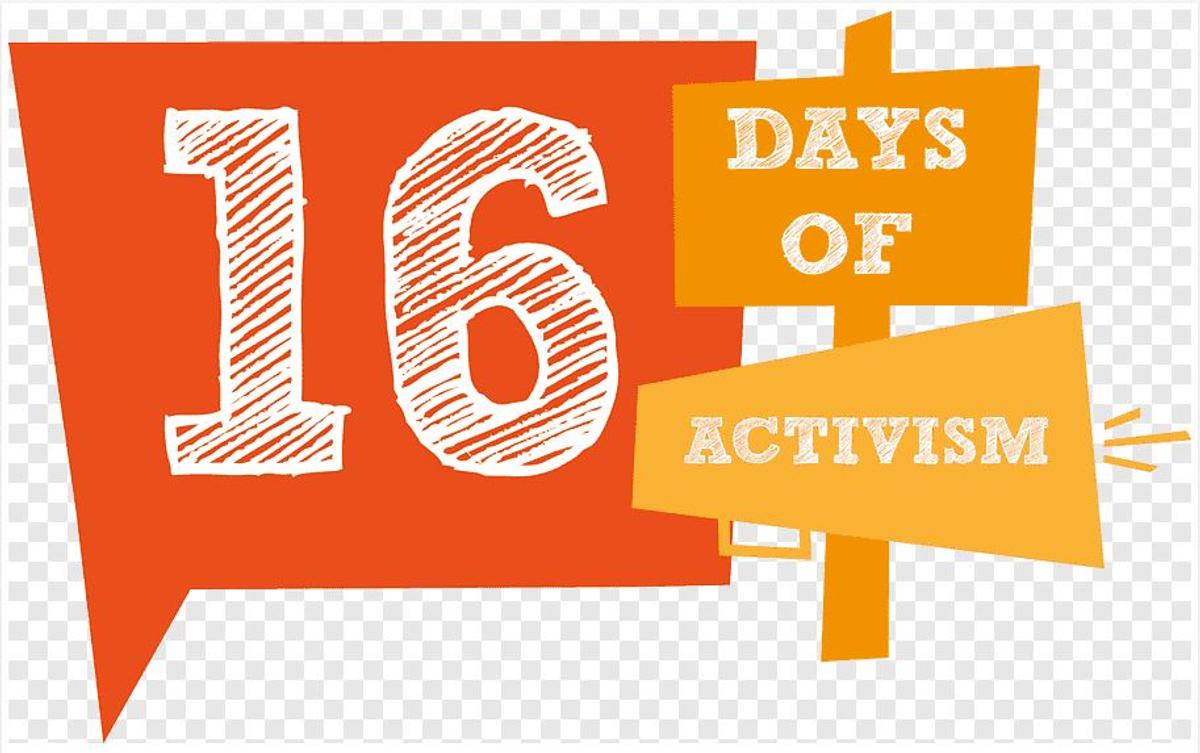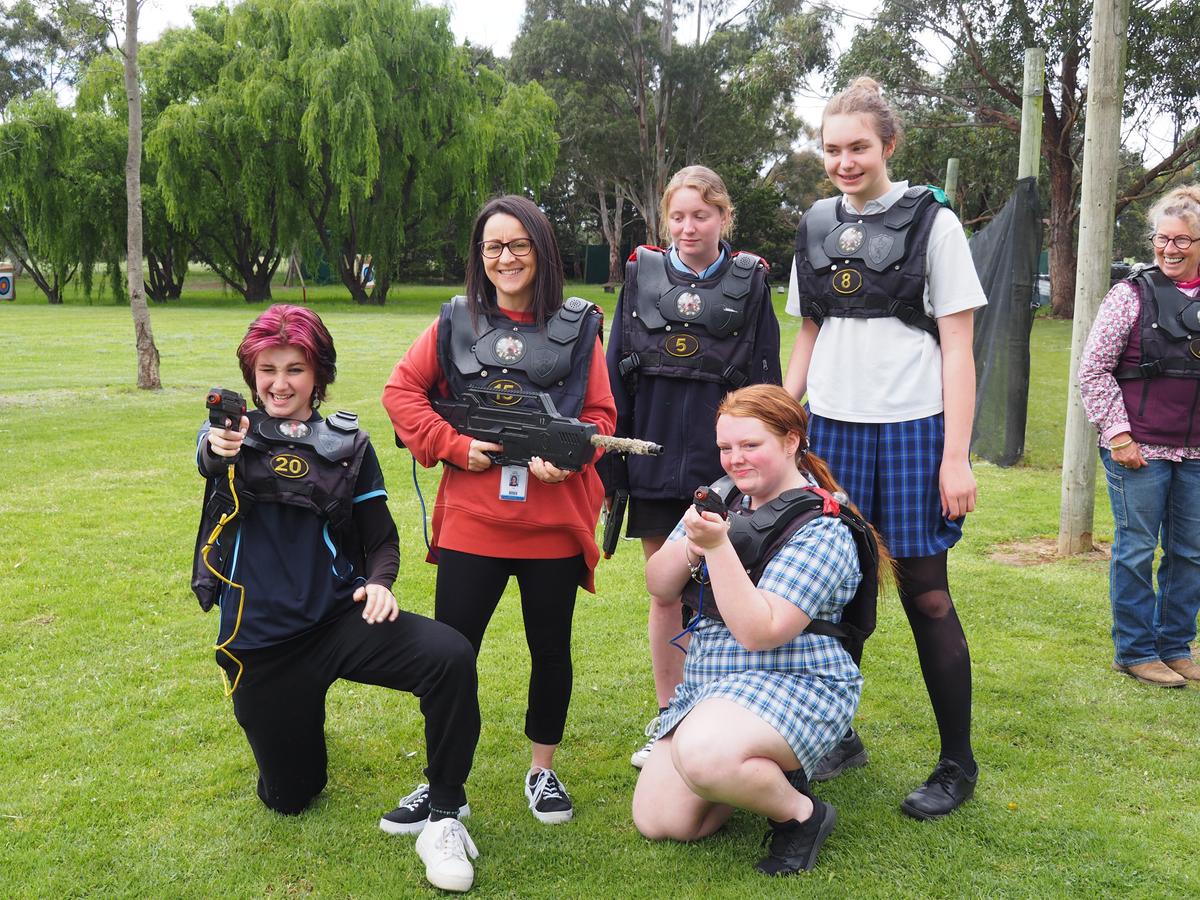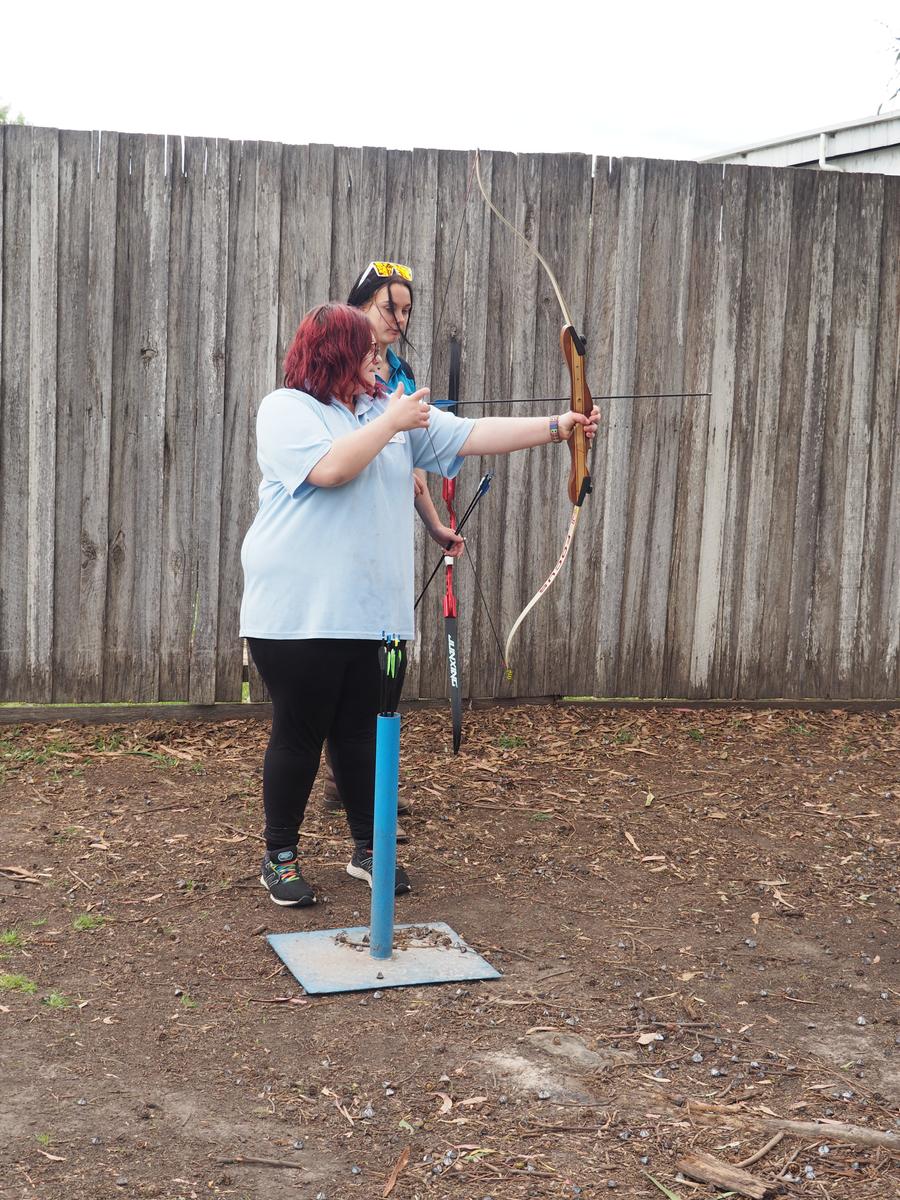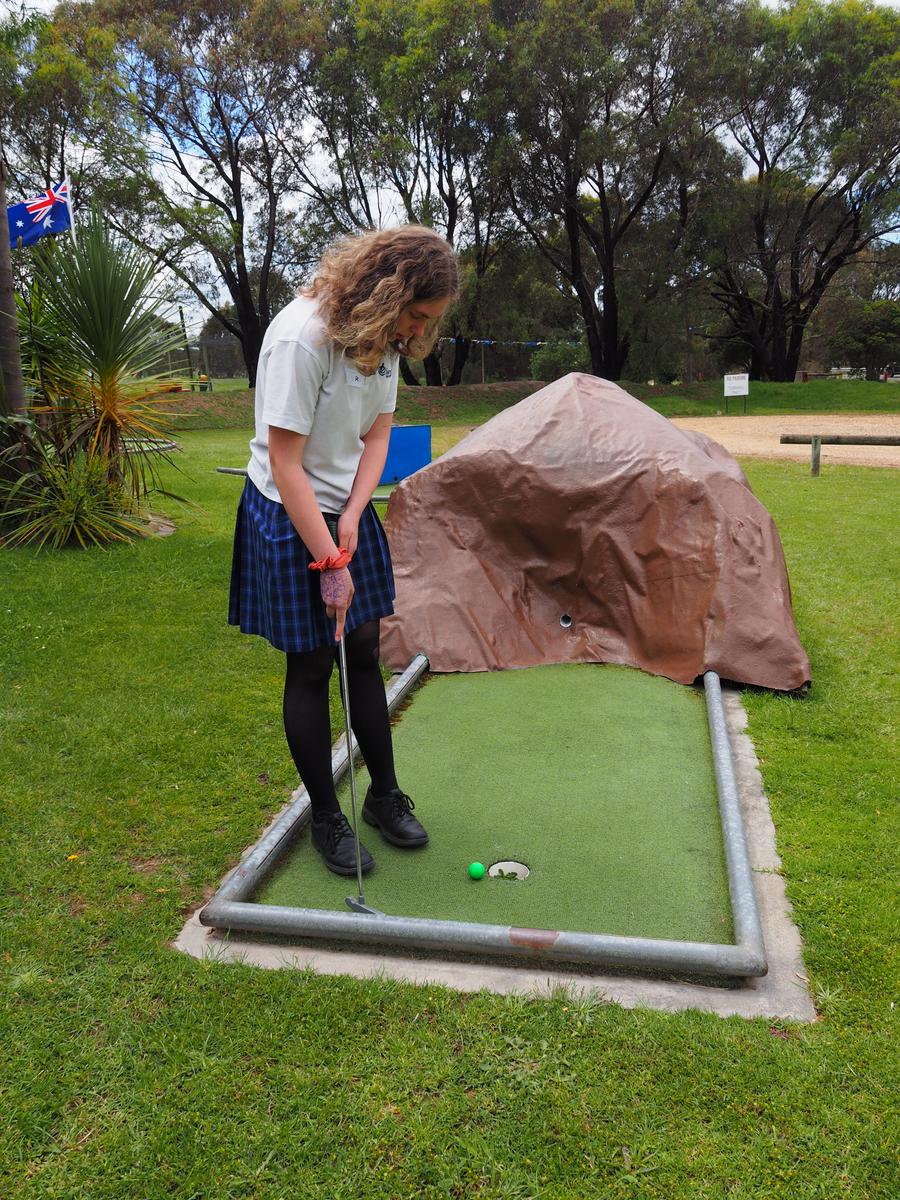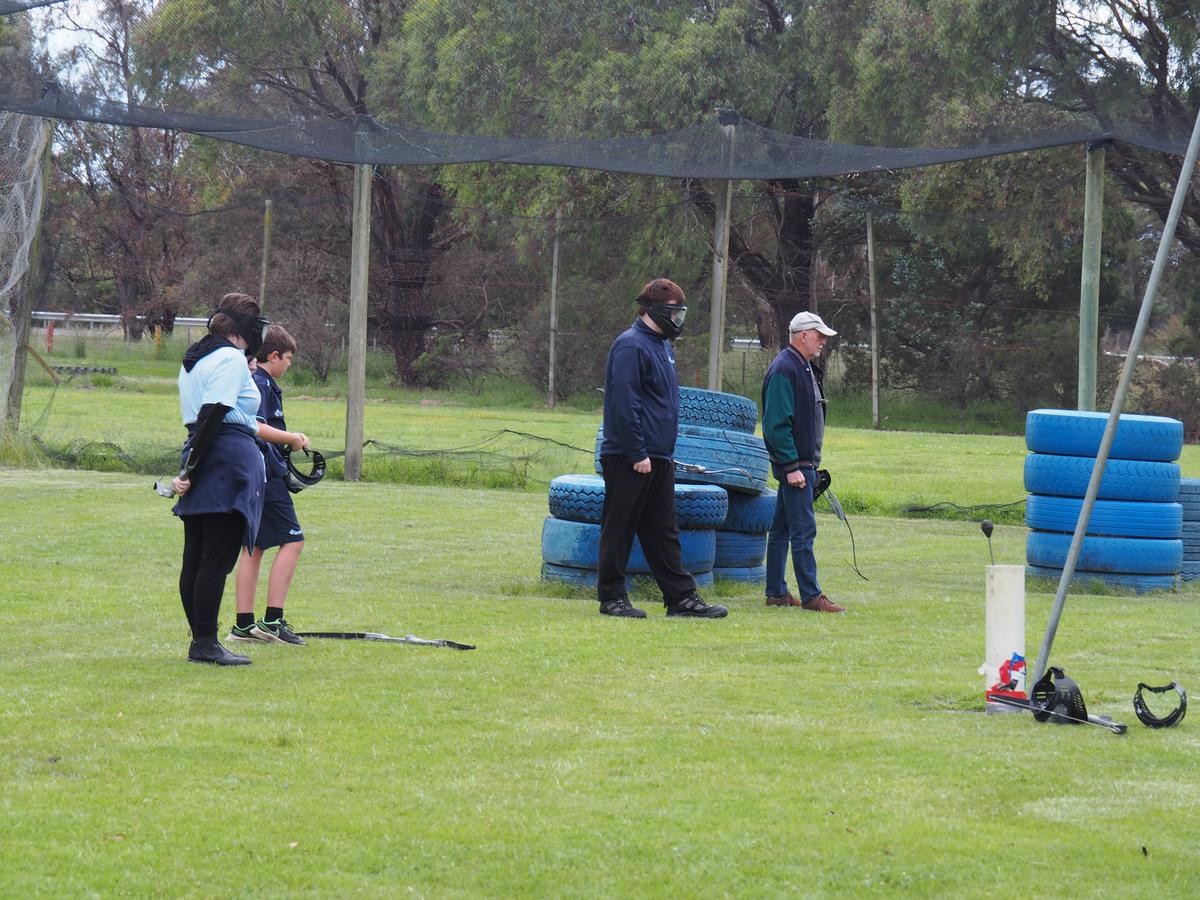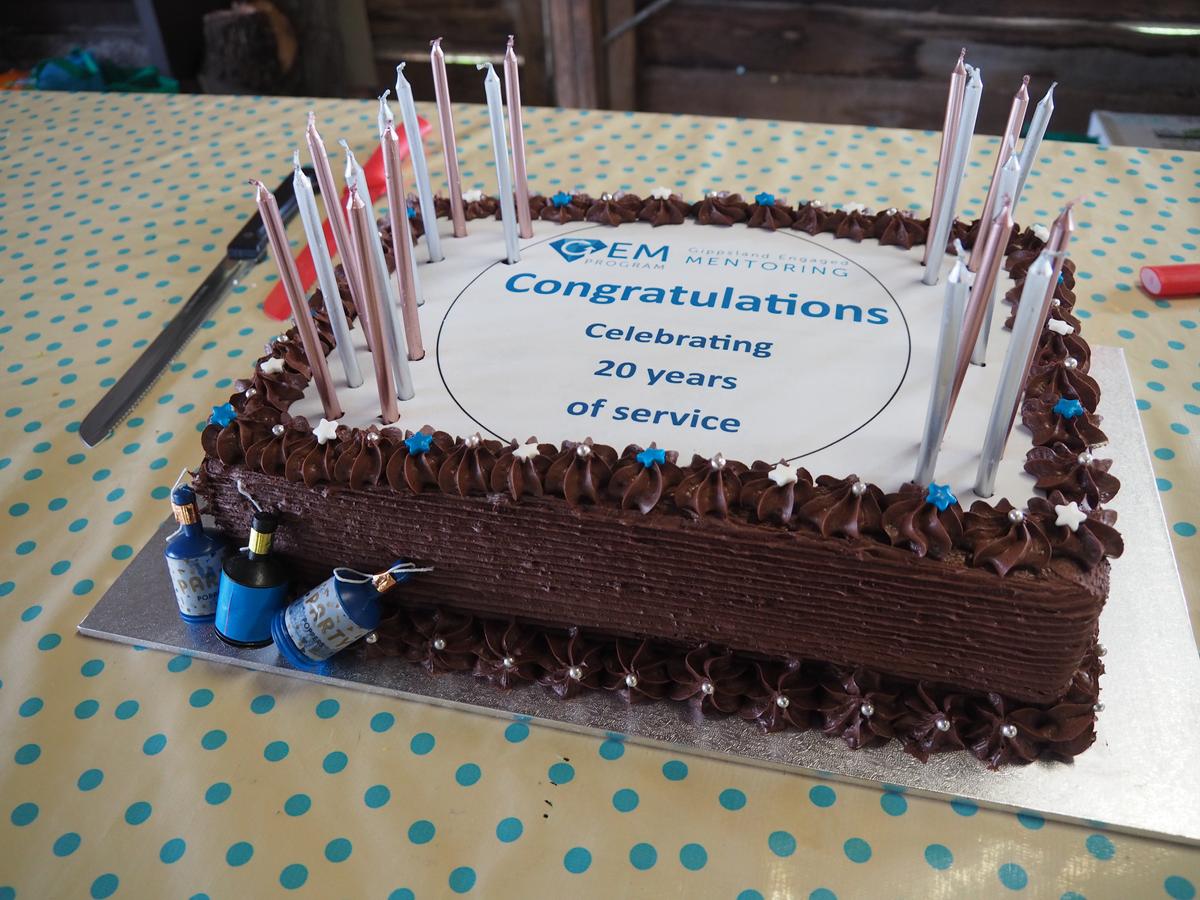Wellbeing
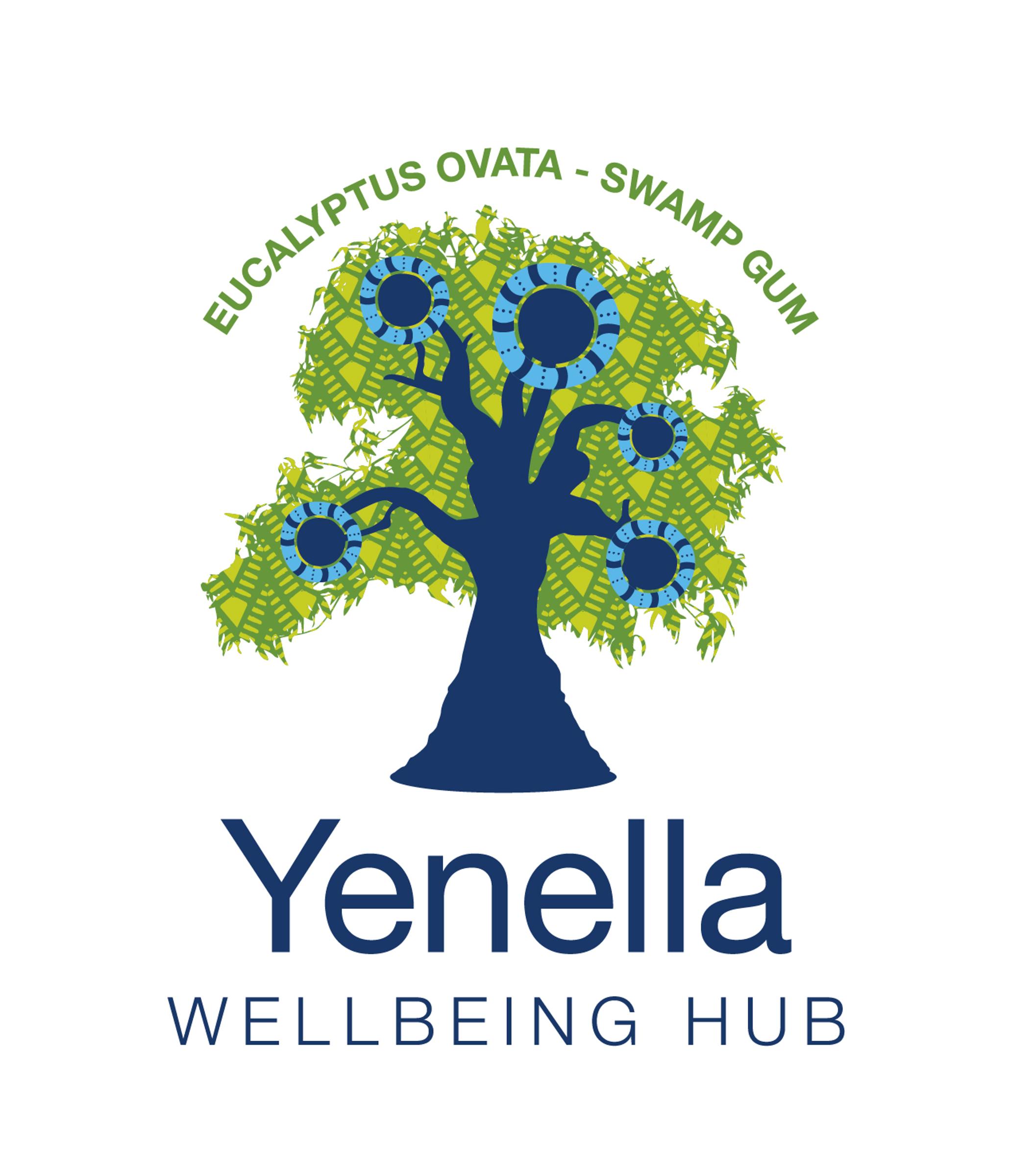
The 25th November 2022 marks the beginning of '16 Days of Activism against Gender-Based Violence', a global initiative galvanising individuals, communities, and organisations to address gender inequalities and eradicate violence against women and girls around the world. The campaign kicks off on November 25th (International Day for the Elimination of Violence against Women) and runs until December 10th (Human Rights Day.). Bairnsdale Secondary College will be promoting this campaign throughout the 16 days with class activities, as well a planned event day on Friday 2nd December featuring games, artwork, badge making, entertainment and giveaways.
CALL IT OUT!
‘Call it out’ is a broad term for responding in some way to behaviours that may be deemed sexist, disrespectful, abusive or constitute sexual harassment. Inappropriate behaviour can be ‘called out’ by saying something or using body language to indicate disapproval in the moment. There are a range of ways you can respond to sexism, harassment, and disrespect towards women, depending on the context and your level of confidence. These can be grouped into four categories:
• Diffuse - Make light-hearted comments or give disapproving looks
• Check in - See if the target is okay
• Call it out - Declare the statement or behaviour offensive and explain why it is harmful
• Report Access - incident reporting systems or report to management where applicable
WHAT SHOULD BE CALLED OUT?
• Using ‘like a girl’ as an insult
• Sexist jokes at the pub
• The stereotype that men and boys don’t cry
• Comments that transgender women are "not real women”
• Sitting back while female colleagues clean the work kitchen or get the coffees
• Stereotypes about skills
:• Belittling women
• Comments made about a person’s suitability for a role based on their gender
• Leering or staring
• Sharing inappropriate images with co-workers
• Fathers being congratulated for doing basic parenting tasks
• Sexism and racism disguised as a compliment
• When your mate puts his partner down
• Catcalling / wolf-whistling
• Comments about women being “too emotional”
• Sexually suggestive comments or jokes
FAMILY VIOLENCE
Family violence is a pattern of threatening, controlling or violent behaviour that makes someone feel scared or unsafe. It can be used by and affect people of all genders, identities, age groups, sexual orientations, cultural backgrounds and walks of life. It can happen in many kinds of relationships such as between a parent and child or someone and their carer. Family violence often happens behind closed doors, making it hard for people experiencing abuse to reach out for support. Family violence doesn’t always involve physical abuse. People use a wide range of abusive behaviours to maintain power and control in relationships. There’s often a cycle of abusive behaviour – there may be periods of time without violence, and times where the violence is heightened.
No matter what form it takes, family violence is never OK.
It can be hard to tell whether what someone is experiencing is family violence. They might be reluctant to acknowledge the abuse or may not realise that’s what is happening. It’s important that you don’t ignore or dismiss the warning signs.
Common warning signs
- They’ve withdrawn from loved ones
- Someone is controlling or tracking their actions, money or movements
- They seem afraid when their partner, ex or family member is around, or tell you they feel scared
- They mention that person’s jealousy or temper
- They seem anxious or depressed
- They’re often criticised or humiliated by that person
- The person often speaks for them or undermines their credibility
- They’ve got cuts, bruises or other injuries
- It’s hard to catch them on their own
- You hear aggressive arguments coming from the house
What you can do
It takes a lot of strength and courage to tell someone about violence or abuse. If someone opens up to you, it’s important that you listen without interrupting, believe them and take the abuse seriously. Many people worry they’ll be interfering or scared they might say the wrong thing. But if you observe any of the signs, taking the next step and offering your support can make a real difference. If you or someone you know is experiencing family violence, help is available:
1800 RESPECT – 1800 737 732
SAFE STEPS – 1800 015 188
THE ORANGE DOOR – orangedoor.vic.gov.au
KIDS HELPLINE – 1800 551 800
RAINBOW DOOR – 1800 729 367
MEN’S REFERRAL SERVICE – 1300 766 491
MEN’S LINE – 1300 789 978
For more information visit: https://safeandequal.org.au/16-days-of-activism/
GEM END OF YEAR GATHERING
On Thursday 17th November, 9 students and 2 staff members from our College attended the Gippsland Engaged Mentoring (GEM) Program end of year get together, held at the Adventure Fun Park Gippsland.
Guests participated in a variety of fun activities including Mini Golf, Combat Archery, Tactical Laser Tag and Archery. Visitors were treated to snacks, fruit and drinks upon arrival followed by pizza for lunch and then a birthday cake celebrating the GEM Program’s 20th year of service. A fun time was had by all who attended.
The GEM program has operated across East Gippsland since 2002. Young people are connected with adult volunteer mentors who provide support and conversation for one hour per week. The aims of the program are to:
• Increase self-esteem and confidence
• Improve relationships with peers and family
• Reduce feelings of isolation and support a sense of belonging
• Promote connection within local communities
• Improve school retention and attendance
Referring young people to the program
Partner schools and participating referring organisation are invited to refer young people to the program. Mentees are aged between 10 and 24 and must fulfil program criteria.
Becoming a mentor
Mentors come from all walks of life and bring an enormous variety of life experiences with them to the mentoring program. The GEM staff provide extensive training and support for volunteers and take care in matching young people with mentors who have similar interests.
Please contact Workways on 5153 9300 for more information about referring a young person to the program or becoming a mentor.
Clinic 281 run through Gippsland Lakes Complete Health, delivers sexual and reproductive health services for young people aged up to 35 years, including people who may face challenges accessing services. Services include:
- Holistic health assessments and sexual health and wellbeing
- Unplanned pregnancy: testing, advocacy, pregnancy options counselling, and coordinated medical or surgical support
- Contraception: Access, advice and education
- Sexual health screening: STI treatment, education, access to condoms
- Blood-borne virus screening: HIV and HCV pre-test counselling, support to access PrEP and treatment
- Cervical screening, reproductive health support, information referrals and advocacy
- LGBTQIA+: Support, advocacy, and sensitive sexual health support
- Care coordination: linkage to specialist support, referrals, diagnostic services, and pharmacies
- Outreach interventions provided as required
- Community and school education
- Onsite pathology collection
2022 graduating Year 12 students and current BSC students who have seen Dr Ash onsite at the College may like to continue seeing her at Clinic 281. Confidentiality is assured at all times, both male and female nurses are available, and you are welcome to bring along a support person to your appointments.
For more information or to arrange an appointment, phone 5168 9639 or visit clinic281@glch.org.au

